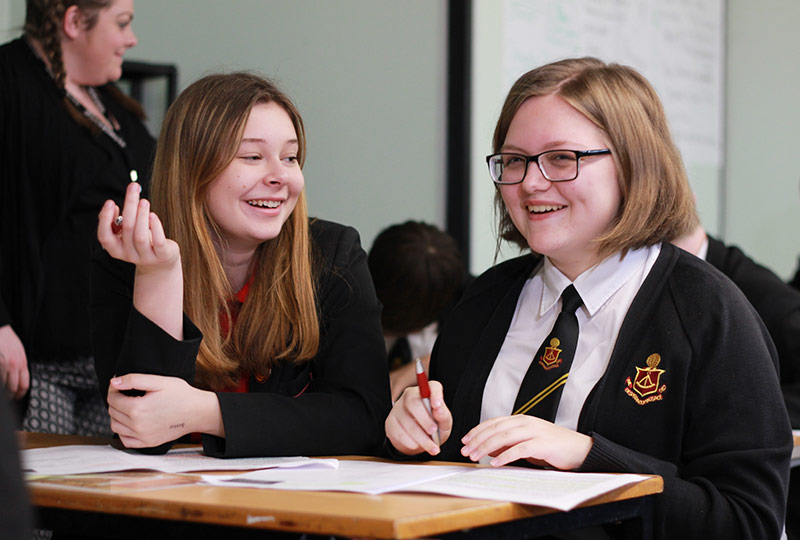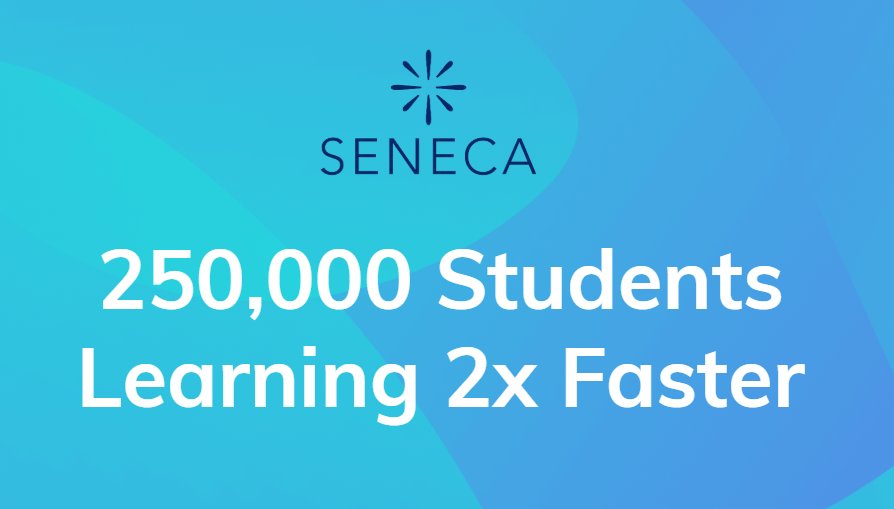Exam Preparation
Simple things you can do to help:
|
Online Learning Resources
Seneca Learning is an excellent online tool that can be used to support revision in any of your subjects. It is a fantastic resource that learning professionals highly recommend to help with the all important exam preparation. To get start click the image above.
Maths Genie is an excellent online resource to help Year 11 GCSE maths students boost their numeracy skills and prepare for their all important GCSE Maths examinations. To get start click the image above.
Other Useful Links to Help with Exam Preparation
• All The Revision and Exam Tips You’ll Ever Need
• Exam Stress and Pressure (Childline)
• Countdown to exams (BBC Bitesize)
Personalised Learning – Parent and Pupil Guidelines
What is homework?DfES National Framework Southmoor Academy The Academy also utilises the Classcharts system to help parents monitor and support their child’s homework. |
Study Smarter
1. Study in the Same Place
Find a quiet place with plenty of room. Study at the same place every time — desk in bedroom, kitchen table, library etc.
2. Study at the Same Time
What time of day do you study best? Use that time every day to study.
3. Use a Homework Box
Keep all your homework supplies in one place. Keep them organized ready to be used.
4. Cut Out All Distractions
Concentrate on your homework. TV should be turned off and music turned down. Phonecalls should be taken after you have finished studying.
5. Do the Hard Stuff First
Dreading an assignment? Know it requires a lot of work? Do it first! Your brain will be fresh – leave smaller tasks to later.
6. Schedule Long Term Projects
Break up large projects into smaller parts. Set yourself a deadline for completing each part.
7. Review Regularly
Homework is not just what you are given every night. A regular review of your notes should be a part of your homework plan. A few minutes each day will pay off considerably when it comes to tests, SAT’s and exams.
8. Write up a Contract
Sit down with your parents and write up a homework contract at the beginning of each term. What is expected of each of you and gives you all an input into your homework.
9. Schedule Each Homework Session
When you sit down to do your homework make up a quick plan for how you are going to do it. Break it up into blocks of time that you will spend on each task.
10. Avoid Doing a Marathon
If you have followed Tip No.9 this should never happen! However, you need breaks and marathon study sessions are the least productive way to study.
Appropriate Homework
Homework will consolidate, reinforce and extend classwork, and will be set approximately every 3 lessons. Tasks will be matched to the age, needs and ability of the students and to the scheme of work being covered in the lessons.
Homework will develop study skills that are essential to the students’ development as independent learners. Homework is more than just a written task given to pupils each lesson.
A range of suitable homework tasks include:
| Research | Designing | ICT |
| Essay Writing | Drafting | Projects |
| Investigations | Library Work | Revision |
| Making a model | Report writing | Drawing |
| Simple Experiments | Interviews | Reading |
Useful Study Support Websites
Below you will find a variety of online resources and links to help you with your homework or revision.
| www.bbc.co.uk/education/revision | Easy to digest revision for all levels and school subjects in KS3 and KS4. |
| www.projectgcse.co.uk | Resources for students revising for their GCSEs including: GCSE revision notes and practice questions, a GCSE bookshop, GCSE help and advice and the take a break section. |
| www.schoolscience.co.uk | Fantastic resources for all levels of science related topics. |
| www.topmarks.co.uk | Topmarks gives children the opportunity to learn online, through safe, fun and engaging games and activities. |
| www.howstuffworks.com | Award-winning source of unbiased, reliable, easy-to-understand answers and explanations of how the world actually works. |
| www.sosmath.com | S.O.S. MATHematics is your free resource for math review material from Algebra to Differential Equations! The perfect study site for high school, college students and adult learners. Get help to do your homework, refresh your memory, prepare for a test |
| www.gcsescience.com | Quizzes and exam prep for science based GCSE exams. |







